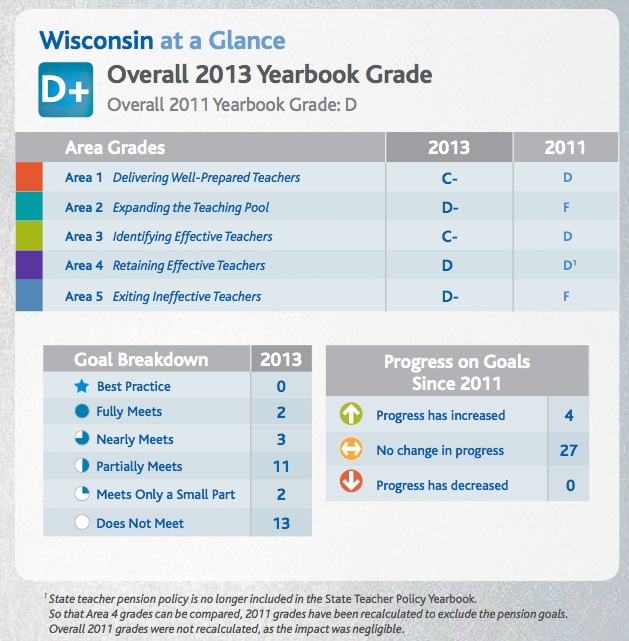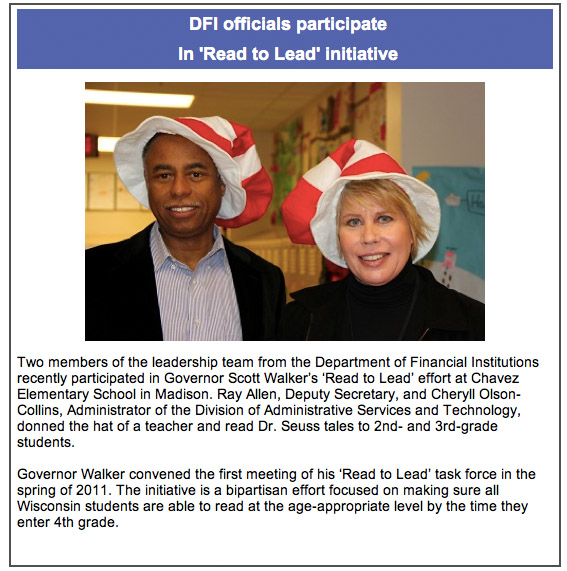I may be one of a tiny minority who think that schools are for student academic work.
Of course, sports, concerts, social programs, dances, and all sorts of other youth activities are important, but students don’t need schools to do them in.
My view is that without student academic work, all the buildings, bond issues, budgets, school boards, teacher unions, superintendent and teacher training programs, Broad/Gates/WalMart grants, local-state-federal education departments, NCLB, RTT, CC, CCSSO, Schools of Education, standards projects, legislation, regulations, and all the rest of the Adults Only paraphernalia surrounding education in this country these days are just a waste of money and time.
The Education Punditocracy, including blogs, magazines, newspapers, foundations, Finn/Hess/Petrilli, etc., and even my friend and inspiration, Diane Ravitch, among hundreds and hundreds of others, are completely preoccupied with and absorbed in their consideration of what Adults are doing in education. The actual academic work of students takes place at much too low a level to attract their notice. They seem to be making the assumption that if they can just fix all the Adults Only stuff, then somehow student academic work will take care of itself. But they don’t pay any attention in the meantime to whether students are actually doing any academic work or not. And they have not learned that the students, and the students alone, have the power to determine whether they will do any academic work, and also what its quality will be.
To reiterate: without student academic work, all the rest of the bustle, noise, commentary, and the hundreds of billions of dollars spent will amount to nothing, so it should be important to pay attention to student academic work, should it not?
I came to understand this because for the last 25 years in particular, and for about 10 years before that, I have been fully engaged in efforts that completely depend upon good student academic work, and I have been fascinated to discover how few Education people seem to be involved with that, and that just about every one of them, though laboring away quite seriously and conscientiously, seems to spend all their time on the Adults Only matters, and to have almost no interest, other than to give it lip service and quickly move on, in the serious academic work of students.
If that should somehow change, and if student academic work were to become the central focus of what we pay attention to in education, there is a chance we might see more of it, and that its quality might improve too. But if we continue to ignore it and focus on Adults Only, that most assuredly is not going to happen. As the Hindus say: “Whatever you give your Attention to grows in your life,” and we have been giving, IMHO, far too much attention (almost all of it) to the Adults Only aspects of education and far too little to student academic work.
To test what I am saying, if a kind Reader would go back over articles, books, blogs, and speeches on education in recent years, please do let me know if you find any that talk about student science projects, the complete nonfiction books they are reading, or the serious history research papers they are writing. I believe if you look closely, almost all that you find will show people caught up in what Adults Only are doing, should do, will do, must do, or might do, and there will be little to no attention to the actual academic work of students in our schools. But please prove me mistaken, with evidence, if you would be so kind.
—————————-
“Teach by Example”
Will Fitzhugh [founder]
Consortium for Varsity Academics® [2007]
The Concord Review [1987]
Ralph Waldo Emerson Prizes [1995]
National Writing Board [1998]
TCR Institute [2002]
730 Boston Post Road, Suite 24
Sudbury, Massachusetts 01776-3371 USA
978-443-0022; 800-331-5007
www.tcr.org; fitzhugh@tcr.org
Varsity Academics™
blog: www.tcr.org/blog

